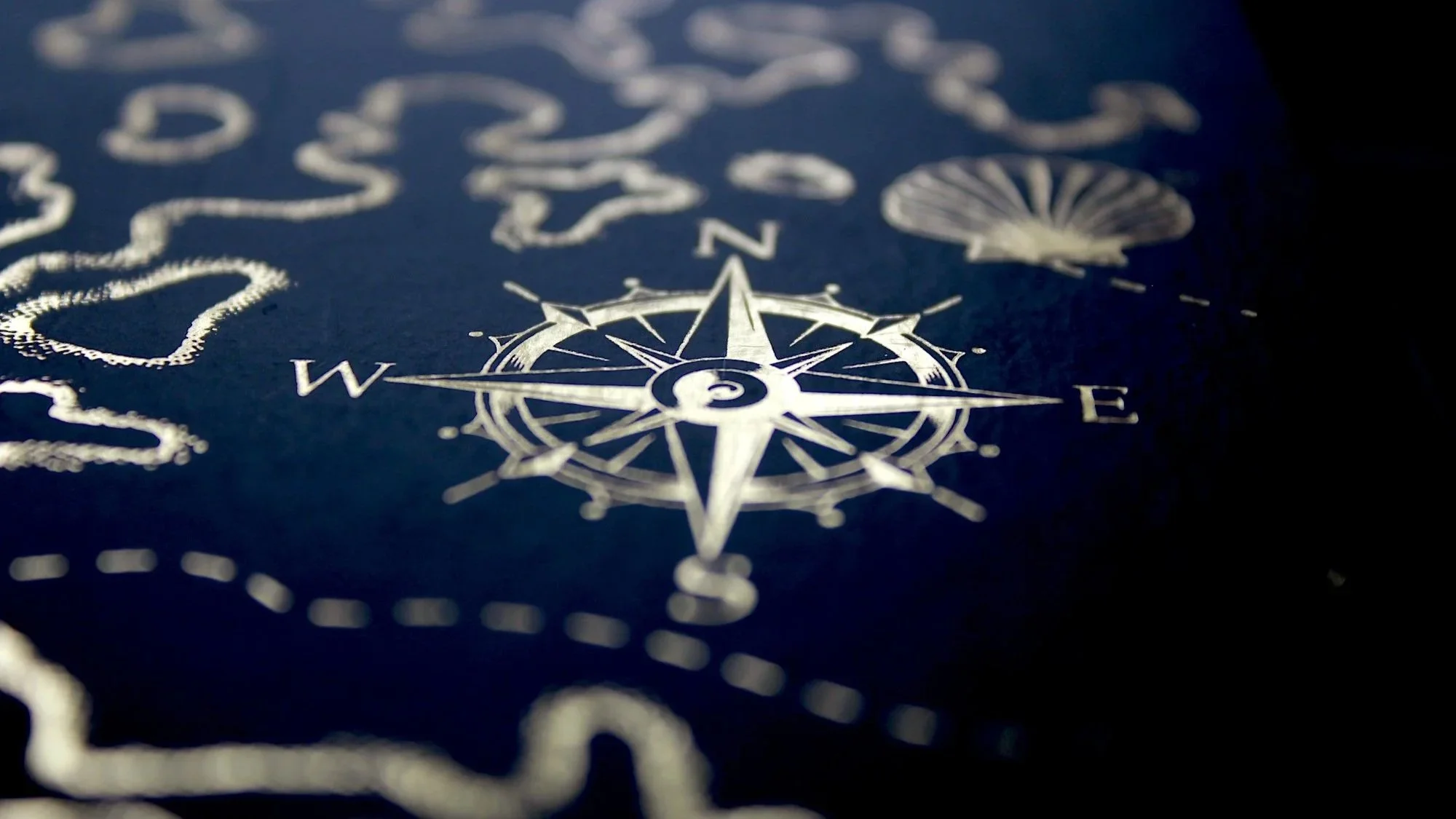True. North.
I don't know exactly what a prayer is.
I do know how to pay attention, how to fall down
into the grass, how to kneel down in the grass,
how to be idle and blessed, how to stroll through the fields,
which is what I have been doing all day.
Tell me, what else should I have done?
Doesn't everything die at last, and too soon?
Tell me, what is it you plan to do
with your one wild and precious life?~ Mary Oliver, “The Summer Day”
Someone asked me a question last week that has stuck with me. It was one of those group-icebreaker-kinds of questions like, “If you had a million dollars, what would you do with it?” The actual question was, If you could live as many lifetimes as you want, each time carrying what you learn in the last life forward, how many would you want?
It wasn’t the question itself that grabbed me as much as it was the invitation to grapple with the big questions of who am I, why am I here, and what do I want in life? We have religious and even spiritual answers to these questions that aren’t bad, but many times they are simply placeholders for questions we don’t entirely know how to answer. Questions maybe even at some level unanswerable.
One of the fun parts of the group conversation that flowed out of that question was all the different vocations that would be fun to try if we had multiple opportunities. From my perspective, each of us carries far more potential than could ever be tapped in a single lifetime. I console myself for that perceived loss with the notion that whatever lies on the other side of this life—what we call heaven—must contain all those unlived possibilities, just waiting for me. There, I can be a winemaker and a professor and a pilot and an architect and a monk and a sailor, etc. It’s a nice thought.
Meanwhile, we all make a series of decisions in this life. Decisions that flow out of an inner orientation, an internal compass so to speak. These values, this worldview establishes what matters most, what we want most, and how we move forward in life. What “forward” even is. Our True North.
We first inherit a compass from the home we grow up in with its particular culture: a political orientation, a set of social values, certain expectations around education, jobs, money, family, etc. And, of course, spirituality.
Is there a God? What is God like? What does God expect of us? What does our spiritual community expect of us? Most of us absorb that family orientation until it is challenged by experience or disruption. Maybe in college when we’re exposed to competing compasses. Or perhaps one of the key influencers in our lives lets us down, and we begin to question what we were given. Spiritually, this is what we mean by the term “deconstruction.”
I’ve been pondering how compasses change across generations—how it has changed across the generations in my family, both before and after mine. How disruption leads one person to double-down on the compass they were given while another person tosses that compass entirely and picks up a new one. Or takes pieces of several compasses to construct one that feels more trustworthy. In the midst of all this movement, how do we establish a True North we can actually orient our lives by?
Mary Oliver famously asks what we will do with our “one wild and precious life.” It goes fast, so I leave you with that question to ponder today.
growing your soul
How would you describe your True North, both in spiritual terms and practical ones? Do you have a “life verse” or named values that guide your daily decisions?
serving our world
How will your compass affect the lives of those you touch? Don’t answer too quickly; think about it. What will they say about you when you’re gone?
takeaway
Choose Wisely.

